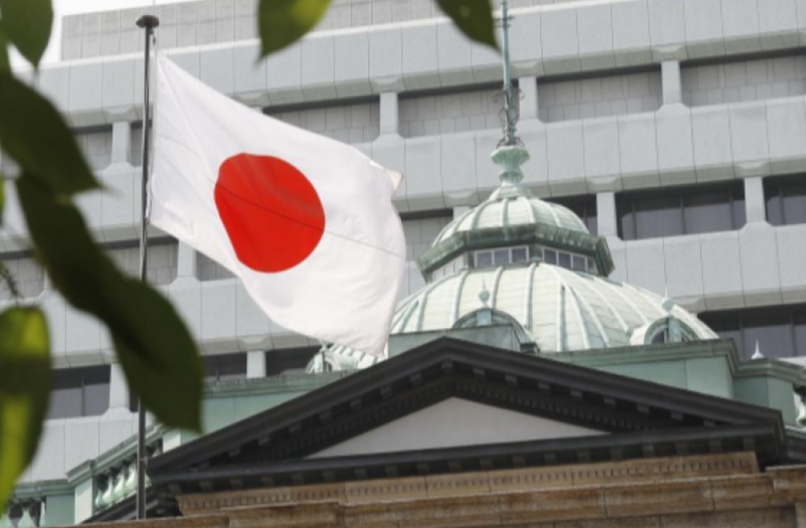#yen #currency #Japan #financialmarkets #currencyintervention #economy #forex #governmentintervention
The yen has plunged to a 34-year low, a significant event that has caught the attention of market participants, policy makers, and investors alike. This steep decline is not just a statistic but a pivotal moment that has raised speculations about potential interventions by the Japanese government. The currency’s depreciation has far-reaching implications, not just for Japan but for global financial markets as well. Particularly, it puts a spotlight on the intricate balance Japan’s policymakers must strike between fostering economic growth and maintaining currency stability.
A depreciating yen has historically been a mixed bag for Japan. On one side, it benefits exporters by making Japanese goods cheaper and more competitive abroad, which in turn can boost corporate profits and the stock market. However, the current levels of depreciation raise concerns over increased costs of imports, especially energy and food, exacerbating the country’s trade balance and potentially fueling inflation. These dynamics compel market watchers to speculate about the government stepping in to stem the yen’s fall. Government intervention could take various forms, from direct market operations, where the government buys yen and sells foreign currencies, to more indirect measures like adjusting interest rates or introducing fiscal policies designed to shore up the currency.
The speculation of government intervention is not unfounded. Historical precedents in Japan show a willingness to step into currency markets to ensure stability. However, any decision to intervene will have to be carefully calibrated, considering the potential repercussions both domestically and internationally. For Japan, the decision to support the yen through intervention is not just a matter of economic policy but also geopolitics, as major trading partners may view such moves with concern. Furthermore, in a global economy increasingly interconnected, the effects of intervention are not confined within Japan’s borders—they ripple across global financial markets, affecting exchange rates, investment flows, and economic policies in other countries.
The balance that Japanese authorities must navigate is delicate. The benefits of a weaker yen for export competitiveness must be weighed against the costs of higher import prices and the risk of inflation. Additionally, any intervention must be seen as legitimate and proportionate by Japan’s trading partners to prevent criticisms of currency manipulation. The situation underscores the challenges faced by economies in an era of volatile global currency markets, where the repercussions of domestic policy decisions extend far beyond national borders, influencing global economic stability and trade.







Comments are closed.